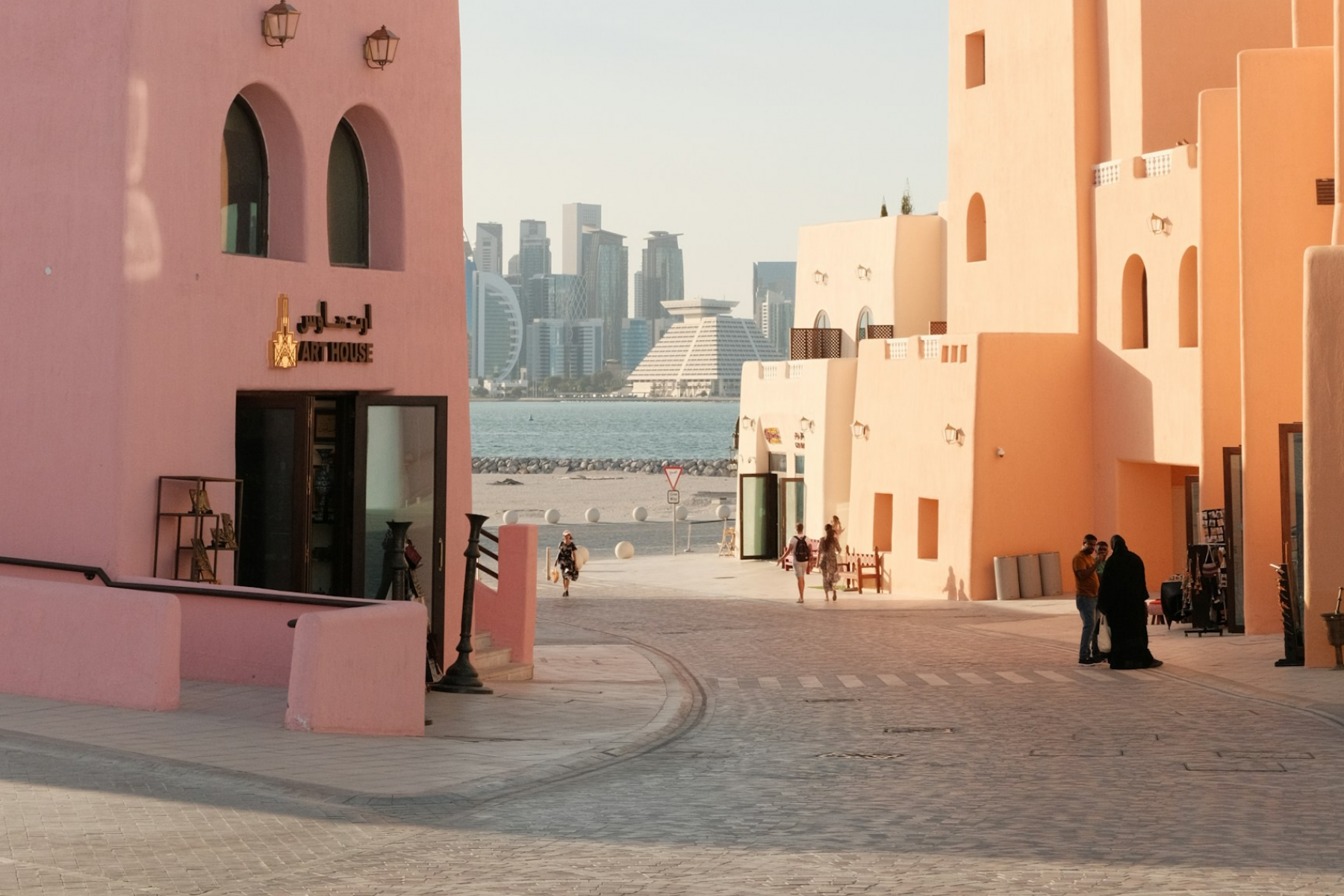Migrant workers across the middle east often rely on the kafala sporsorship system to reach the host country. Yet this system can exacerbate vulnerabilities, as shown by the case of Sri Lankan domestic workers in Lebanon.
Sri Lankan domestic workers in Lebanon
On April 8, 2025, the international online news magazine The Diplomat published a story about Asian migrant women trapped in Lebanon’s kafala sponsorship system. The ongoing armed conflict in the region left migrant workers stranded, financially and socially disadvantaged, and frequently without the possibility of returning to their home countries. The International Organization for Migration (IOM) called for emergency support for these displaced migrant workers.
Data from UN Women indicates that women make up 76% of all migrants in the country and 99% of migrant domestic workers who relocate to Lebanon for employment. According to IOM officials in Lebanon, the majority of these individuals are women employed under the kafala system—a sponsorship-based work permit framework in which employers cover migrant workers’ travel, housing, and related expenses. The system is prevalent in Lebanon, but not exclusive to the country, and is also used elsewhere.
In this dire situation, I zoom in on Sri Lankan migrant domestic workers (MDWs). The first wave of Sri Lankan migrant workers arrived in Lebanon in the 1970s, with the country becoming a significant destination for many women for decades, a majority of whom worked as MDWs. The Embassy of Sri Lanka for Lebanon and Syria was opened in 1998 in response to petitions from Sri Lankan community groups, and in light of the rising suicide rates among Sri Lankan migrant women, reportedly due to challenging working conditions. Nevertheless, the history of migrant workers in Lebanon is also one of agency, as demonstrated by the establishment of the Sri Lankan Women’s Association in the late 1990s and the Rhantnadip Migrant Society Center in 2021.
The kafala system and its effects
The kafala system is a legal framework that delineates the relationship between migrant workers and their employers who take on the role of local sponsors (kafeel). It effectively binds migrant workers to their employing citizens or companies, serving as “guarantors” for the migrants’ adherence to state regulations. This system was introduced to facilitate the influx of affordable labor during periods of economic growth and allows host states to monitor the flow of labor. It is widely used in Lebanon, but also in other middle-east countries that rely heavily on migrant workforces.
The kafala system has been widely criticized as conducive to exploitation and discrimination. It contributes to migrant workers’ dependence on employers in financial, administrative, and healthcare-related matters. Additionally, this system hampers workers’ abilities to change jobs, demand vacation, or leave the host country without permission. Thus, aside from limiting migrant workers’ autonomy and mobility, this legal framework also hinders their practical access to publicly available services, by making these services dependent on the employers’ discretion.
Often fleeing from economic, social, and/or political uncertainty in their home countries, MDWs generally find themselves in unfavorable working conditions in host countries. The hiring process often transpires through third-party companies, or in conjunction with the official announcement of vacancies by state agencies, as is the case for Sri Lankan workers. MDWs registered with the Sri Lanka Bureau of Foreign Employment—unlike those who migrate informally—are eligible for pre- and post-departure training, as well as access to health and social care services.
However, reliance on employers, coupled with likely minimal knowledge of the local language and context, exacerbates the vulnerabilities and safety of migrant workers. There are numerous instances of human rights violations. Highly publicized cases include an execution of a domestic worker and a case of an employer hammering nails and metal into an MDW’s body. While extreme cases remain rare, other forms of abuse appear common for MDWs, including mistreatment, restricted mobility, and control over their communications with families in the sending countries or other MDWs in host countries, for instance through seizure of mobile phones by employers or recruitment agencies.
A further issue with the kafala system is the lackluster standardization of foreign employment. This allows local sponsors leeway for varied interpretations and implementations of labor contracts. Kuwait is the only country to have introduced a minimum wage for MDWs (200 USD) in 2016, along with the stipulation of one day off per week, a 12-hour working day, as well as rest and paid annual leave. This instance of relatively low payment and excessive working hours is not an exception. MDWs are estimated to work 14–18 hours per day performing household and care-related tasks, with any assistance from employers often depicted as “exceptional.” The lack of standardization could also explain why Sri Lankan MDWs’ work experience in the Middle East differs considerably depending on the country, as well as the employers’ class, family size, and lifestyle. Limited standardization of foreign employment means limited social protection of labor migrants.
Due to increasing media attention and advocacy by human-rights activists, there is growing pressure for host countries with kafala to initiate some improvements in labor conditions In Beirut, the Domestic Workers Union staged protests demanding the introduction of a minimum wage, limits on working hours, and ultimately, the abolition of the kafala system. Founded in 2015, it was the first union of its kind in the Middle East, though its subsequent activities remain unclear to the author. In Sri Lanka, widespread reports of abuse have triggered public concern and led to state regulations for registered migrant workers. Nevertheless, the most vocal opponents of the kafala system remain human rights activists and organizations such as Amnesty International and Human Rights Watch. Yet unfair practices towards migrant workers continue.
Looking Ahead
Lebanon is one of the main destination for migrant workers from Sri Lanka, but not the only one. Bahrain, Kuwait, Oman, Qatar, Saudi Arabia, and the United Arab Emirates rank among the top five destinations. The majority of migrant workers heading to these countries are women and MDWs, according to the Ministry of Foreign Employment. Their social protection in host countries is ensured through the kafala system.
The kafala system has often been debated and criticized due to its reported connection with the exploitation and discrimination of migrant workers, yet numerous countries continue utilizing this system, primarily because of its convenience for both host countries and employers in need of labor. Yet the system also exacerbates dependency on employers and issues emerging from the lack of standardization in work contracts. This, in turn, creates extremely vulnerable situations where migrant workers can be subject to many forms of abuse without proper protection or accountability.
As the ongoing regional conflict has rejuvenated attention towards Lebanon, scrutiny is growing on labor conditions, safety, and wellbeing of migrant workers. This attention should catalyze initiating much-needed changes in this area, where providing decent working conditions should become a legal standard, instead of relying on individual acts of ‘kindness’ or ‘charity’.
This research was supported by a Marie Curie Staff Exchange under the Horizon Europe Programme (PRELAB, Grant Agreement No. 101129940).








